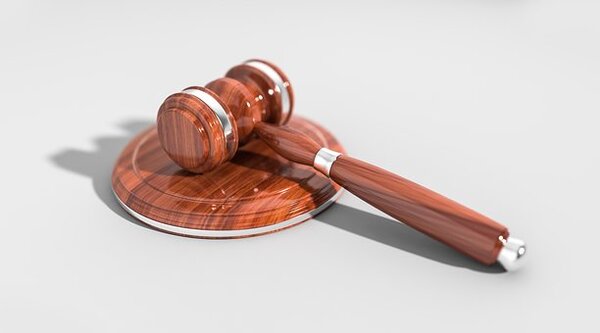
iPhone maker settles patent disputes with KAIST
As far as patent conflicts are concerned, Apple seems to seek an alternative to litigation, paying licensing fees to patent holders in the United States and Korea.Korea’s Ministry of Trade, Industry and Energy said on April 25 that it terminated a case involving Apple and KAIST IP as the former agreed to settle the differences by paying an unspecified amount to the latter. In early 2017, KAIST IP accused Apple of having infringed on its patent on FinFET, a transistor technology for improving the performance of chips and reducing their power consumption. The features are indispensable to churn out very small and thin chips necessary for such handheld gadgets as smartphones.KAIST IP is an arm of the country’s state-run research university Korea Advanced Institute of Science and Technology while Apple is the U.S.-based manufacturer of iPhones. The news came on the heels of the report that Apple agreed with Qualcomm to dismiss all litigation between the two parties across the world. Apple will make an undisclosed one-off payment to Qualcomm.Plus, Apple will pay royalties to Qualcomm for patents of the world’s largest mobile chip maker over the next six years. The contract can be extended for two more years.KAIST IP keeps winning
From the standpoint of KAIST IP, Apple is not the only patent infringer – it has also claimed that other global powerhouses including Samsung Electronics, Qualcomm, and GlobalFoundaries used its FinFET technology without permission.KAIST IP filed a lawsuit against the three in 2016 and Samsung was ruled to pay $400 million last year.Earlier this year, KAIST IP brought Samsung and Qualcomm to the U.S. court, arguing that the two keep infringing on its FinFET technology even after the 2018 ruling. KAIST is located in Korea’s Daejeon, some 180 kilometers south of Seoul, but KAIST IP is headquartered in the Dallas suburb of Frisco, Texas. It filed the suit in Marshall, Texas, a venue regarded friendly to patent owners.It remains to be seen how the Apple’s settlement with KAIST IP will affect the latter’s lawsuit with Samsung, observers point out.Samsung iterated that it used a different technology and will prove it through the lawsuit. Related storyKAIST versus Samsung; second round starts
이 기사를 공유합니다
Tim Kim
(voc200@gmail.com)

